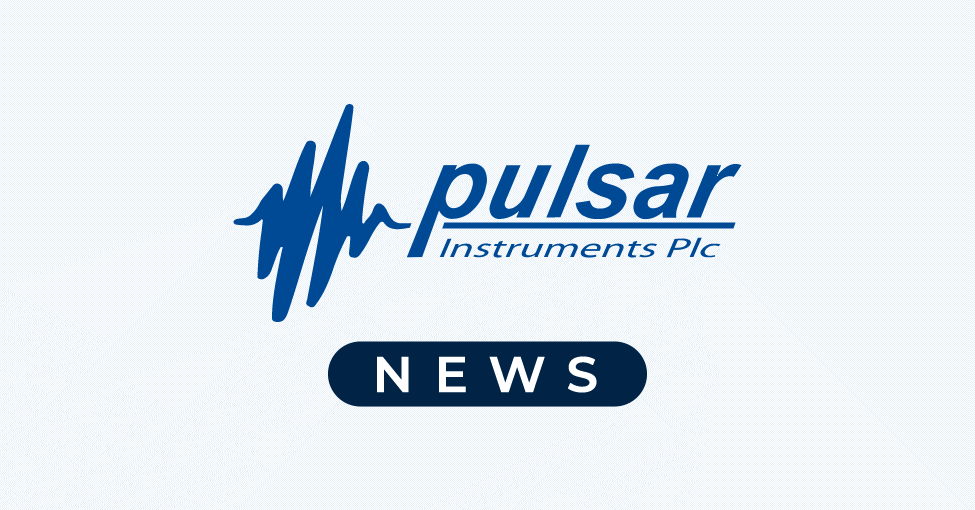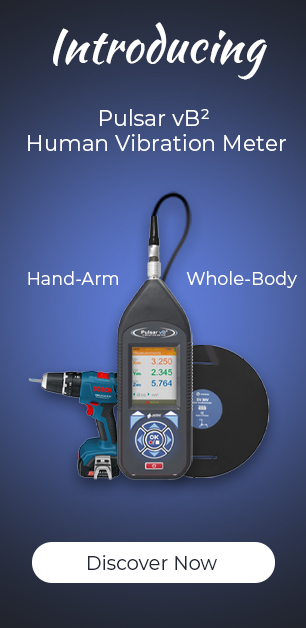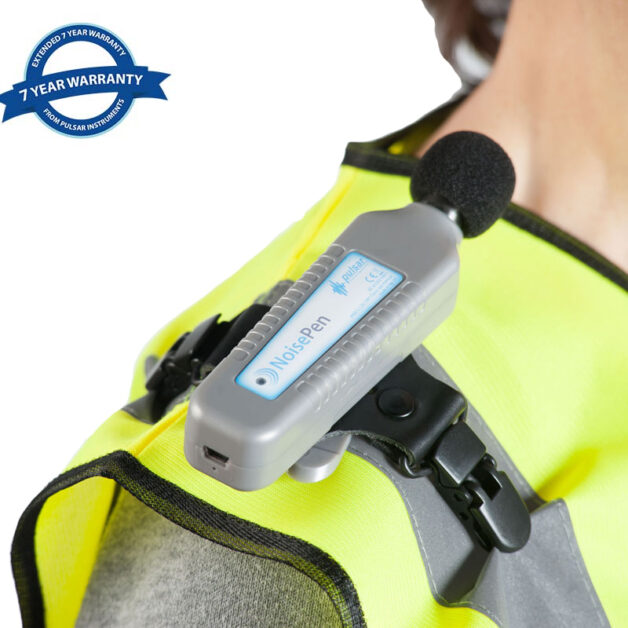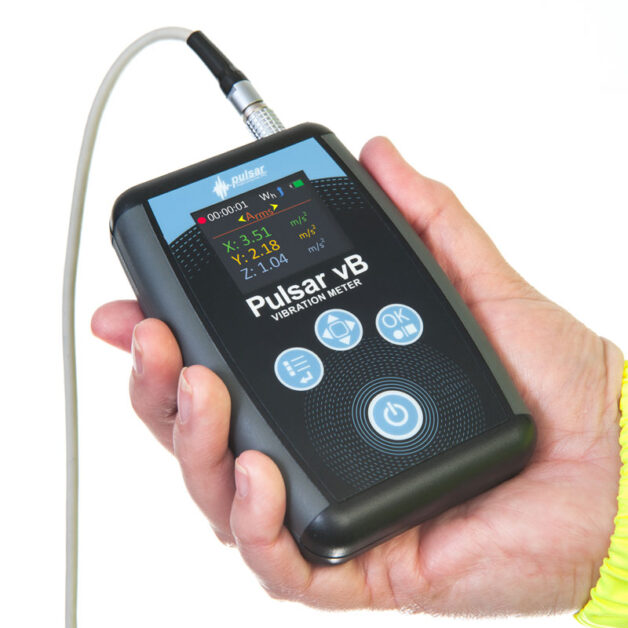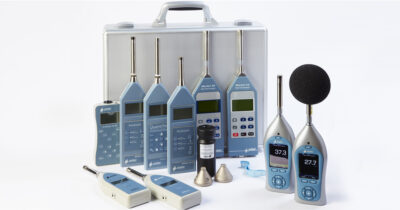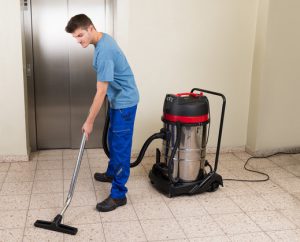
A new European ruling that comes into effect in the UK and the rest of the EU as from September 2017 will ban the sale of noisy vacuum cleaners. This post explains the reasons behind the changes and how it will affect consumers in the near future.
Back in 2014 we reported in this blog that an energy label was being introduced which cut the maximum wattage to 1,600, introduced A to G ratings and showed how noisy vacuum cleaners would be in decibels. This latest ruling reduces the wattage further from 1,600 to 900 for any new vacuums manufactured or sold in the EU. It also rules that all new models of vacuum cleaners sold must be below 80 decibels. We welcome this development.
Why 80 decibel?
A report on the Which? website explains that when testing vacuum cleaners in a lab environment, noise levels varied from 65 to 90 decibels with some of the most popular brands reaching the high end of the range. To put this in context, we have listed below the most common sounds in decibels.
- The humming of a refrigerator = 45 decibels
- Normal conversation/sewing machine = 60 decibels
- Noise from heavy city traffic = 85 decibels
- Motorcycles/lawnmowers = 95 decibels
- Sandblasting/car horn = 115 decibels
- Emergency sirens = 120 decibels
- Jet engine/Firecrackers = 140-150 decibels
The figures above may surprise you if you have never come across this before. If you use a vacuum cleaner at home or at work, you will know how deafening some models can be and the feeling of relief all around when the noise stops!
Relationship between hearing loss and decibels
A prolonged exposure at 85 decibels can lead to hearing damage over time if noise levels are left uncontrolled. This particular level of exposure in a work environment is one of 3 where mandatory action is required by Law such as wearing hearing protection in order to safeguard hearing. Noise-induced hearing loss can result from a combination of noise exposure at work and noise from recreational activities over an extended period of time but also due to the loudness of noise, its frequency and your distance from the source of the sound. Therefore it is worth thinking about all activities you undertake over a day or a week and how they can accumulate. The best way to prevent future injury from noise is to avoid exposure to noise! If you have control over the noise (i.e. if you are exposing yourself to the noise), walk away from it or give your hearing regular breaks.
Prevention is key
One thing is certain, noise-induced hearing loss is the only type of hearing loss that is completely preventable. If you understand the hazards of noise and how to practice good hearing health, you can protect your hearing for life.
Next time you shop for a new vacuum cleaner, have a look at the label and see how loud your vacuum cleaner is in decibels. Is it well within the bottom end of the spectrum or does it just scrape through? Be sure to make the right choice. It will improve your quality of life and may well save you from a deafer future.
You may already use industrial cleaners at work, if you are not sure how loud they are, we can help assess noise levels with our noise measurement products.
For more advice on controlling and measuring noise legally at work, download our latest Guide here and get in touch if you want to discuss your requirements with one of our advisors.
